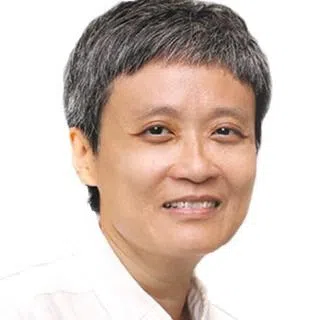Beijing, seven years later: A journalist’s notebook
Lianhe Zaobao Beijing correspondent Sim Tze Wei returns to Beijing after seven years, making some observations on how the city has evolved over the past decade or so.
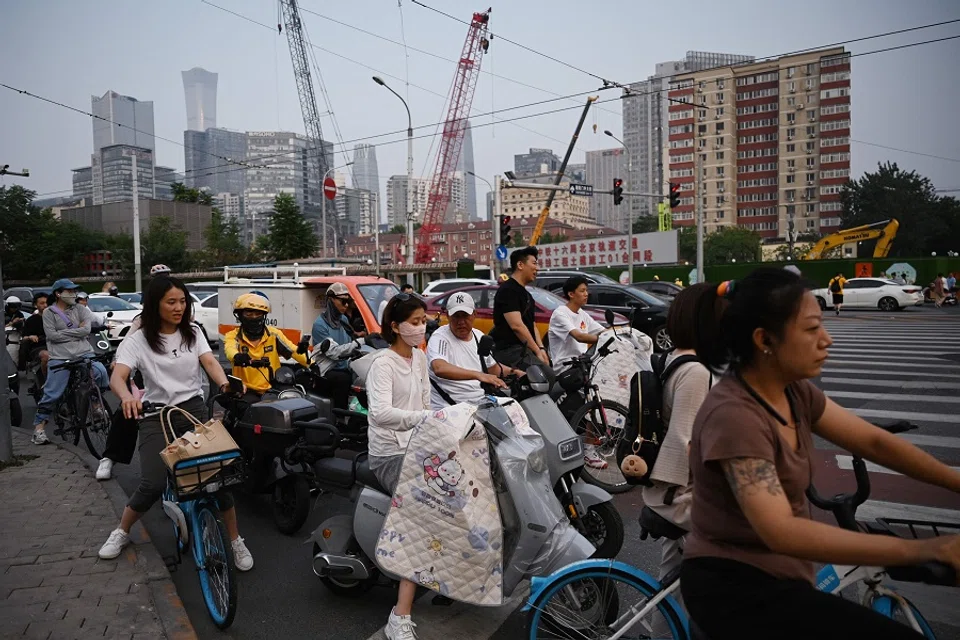
“We’re all getting old.” I looked around Beijing Capital International Airport with my luggage in tow. Driver Wang, whom I hadn’t met in seven years, recognised me in the crowd. It was a happy reunion. We took a good look at each other, lamenting that age and time spare no one.
I have not set foot in the Chinese capital since I completed my reporting assignment on China’s “Two Sessions” in 2017. To me, Beijing is a place for work. When I’m travelling, I like to visit Yunnan and Sichuan. If I want good food, I will go to Guangdong. If I want to admire the border regions, I would go to northeast China or Inner Mongolia. I only come to the political centre of the country to work.
Beijing has changed a lot. The air quality is better but the political atmosphere is different.
In the new era, news reports have become much less vibrant...
First stint in Beijing
I was first posted to Beijing in 2011, at the tail end of the Hu Jintao-Wen Jiabao administration. It was before the start of the 18th Party Congress of the Chinese Communist Party (CCP), and public opinion was relatively relaxed and news was vibrant. In terms of the level of excitement, the Bo Xilai case, which played out like a movie, definitely ranked first. Other cases like Hsieh Chang-ting’s ostensible visit to the mainland to attend a bartending competition; Chen Guangcheng transferring to Chaoyang Hospital for medical treatment after seeking asylum in the US embassy in Beijing; and the Wukan village elections, are still fresh in my mind.
Over the course of more than a decade, cross-strait relations have plummeted into a deep freeze, China-US relations are extremely unstable, and the so-called “Wukan model” of local democracy has long become a thing of the past. In the new era, news reports have become much less vibrant; “Big Vs” (大V, verified internet personality) dare not shoot their mouth off; people in the system strictly adhere to political discipline; outsiders find it more difficult to get information; and academics have become more cautious and hesitant about accepting interviews where they are named.
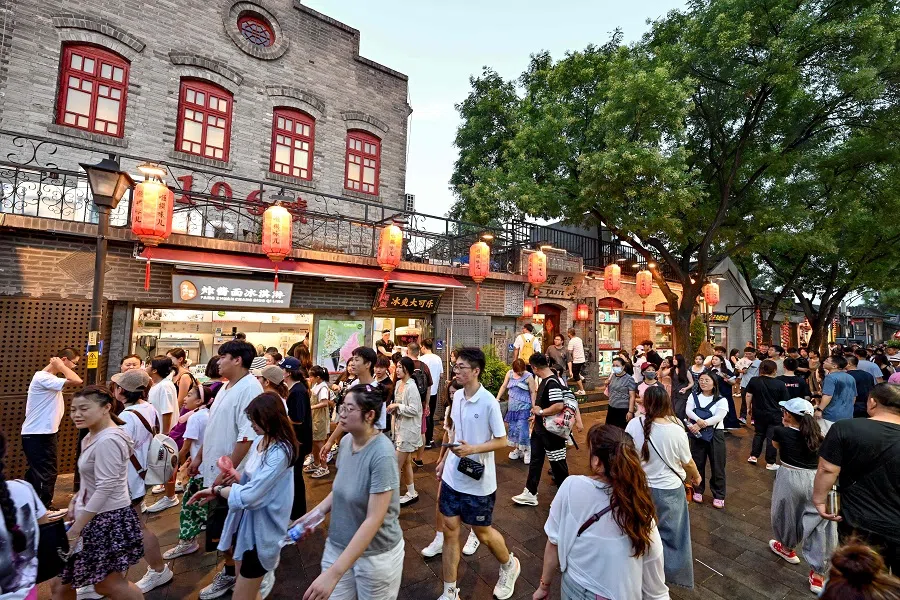
Scrolling through the contact list in my phone, I saw current affairs commentators who are in jail; liberals who have “run” (润, sounds like the English “run”) to Western countries; some academics who no longer openly comment on current affairs; and several friends who have left the media industry.
Beijing today
Perhaps due to the off-peak summer holiday season or the sluggish economic situation after the pandemic, Beijing was surprisingly traffic-free. The car engine was smooth and silent, and I realised that Wang had switched to driving a China-made hybrid vehicle. The green vehicle licence plates on the roads are all electric vehicles (EVs) — a sight I couldn’t have imagined a decade or so ago.
Under the officials’ encouraging policies and measures for the industry, Chinese EVs have not only gained prominence domestically but also become a target of the West’s anti-dumping crackdown due to its robust export growth. From shoes, clothes and household appliances to EVs, China has always been the target of the West’s anti-dumping investigations throughout its development. But the enhanced technological content of the products involved also proves that China’s industrial transformation and upgrading have made significant progress.
In another ten years, will China-made aeroplanes or chips become the target of Western sanctions?
Although the news on US President Joe Biden’s withdrawal from the presidential race and endorsement of vice-president Kamala Harris only broke in Beijing at around 2 to 3am, it still made the list of top searches on Weibo. On a summer night, just how many people concerned about China-US relations are unable to sleep and are scrolling through their phones?
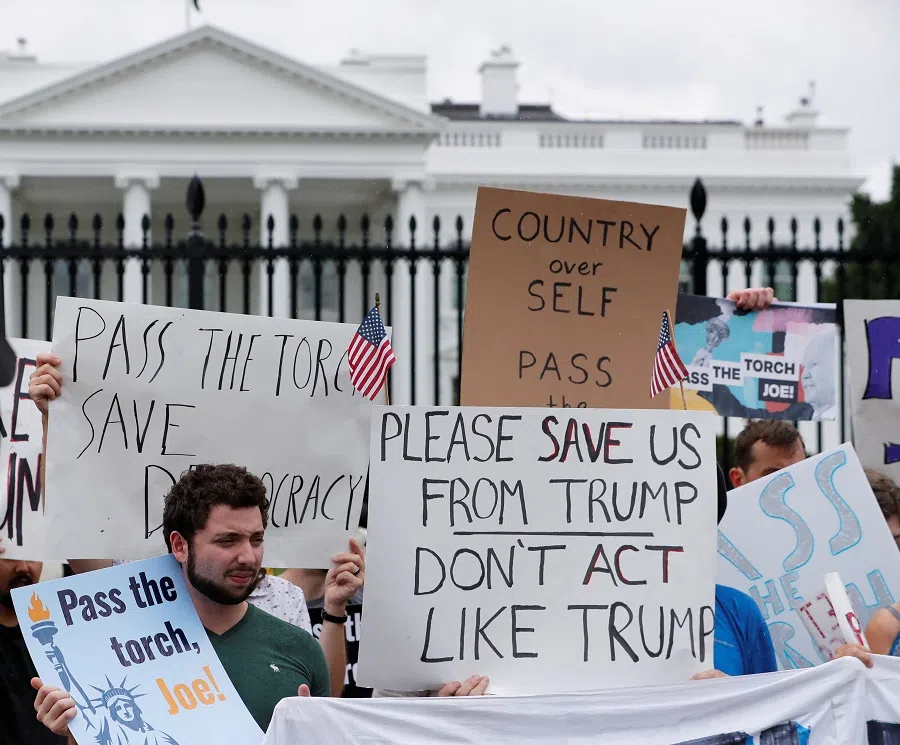
The US-China Strategic and Economic Dialogue was the most important regular consultation mechanism over a decade ago. It was led by Hillary Clinton and Timothy Geithner on the US side, and Wang Qishan and Dai Bingguo on the Chinese side. The contrast between regular high-level consultations in the past and the current cold and tense relations is particularly striking. Biden is also set to become one of the few US presidents who never visited China during their presidency.
But recently, one such term has gone viral: “City不City” (lit. city or not city)... It means whether something is “trendy”, “stylish” or “urban”.
Changes in policies
Turning on the CCTV news channel in my hotel room, I heard the terms “city walk” and “city ride” by chance. A decade or so ago, the country discouraged using foreign language to tell the China story. The authorities even issued a circular dissuading Chinese-language publications from using English words, acronyms and foreign language terms casually, or creating ambiguous terms which are neither of Chinese or foreign origin.
But recently, one such term has gone viral: “City不City” (lit. city or not city). According to Xiaohongshu, this term is an internet slang created by a foreign blogger travelling in China. It means whether something is “trendy”, “stylish” or “urban”. Even Chinese foreign ministry spokesperson Mao Ning responded to this term at a regular press conference.
China’s promotion of a 144-hour visa-free transit policy sparked off a “China travel” craze; the underlying intention believed to be aimed at shaking off the impression of “fewer foreign tourists” after the pandemic, while at the same time stressing China’s openness to the outside world.
It does not matter if it is “trendy or not” — the crucial thing is that tourist attractions should remain open and convenient so that tourists are not disappointed.
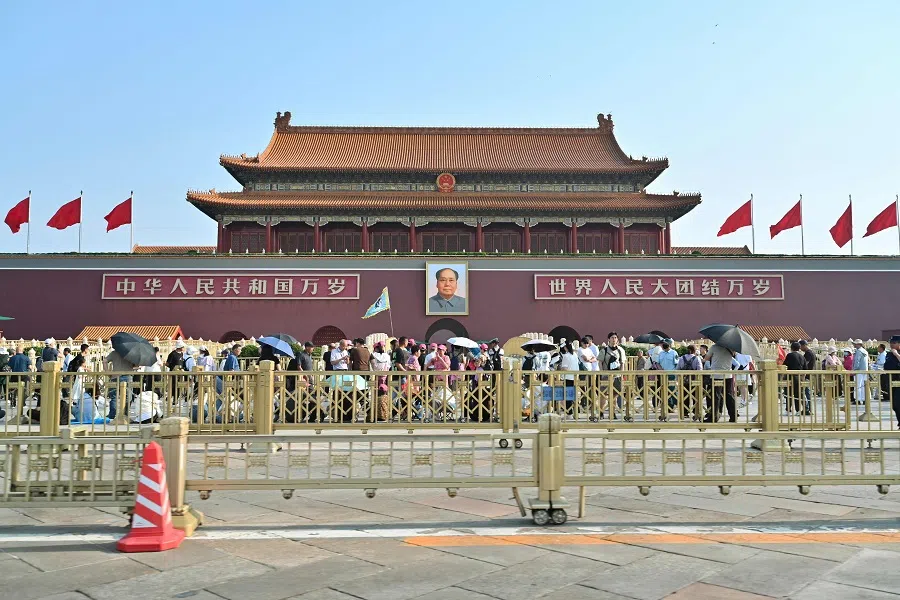
On my day off, I decided to take a spur-of-the-moment city walk at Tiananmen Square but I couldn’t even get in. It turned out that visitors had to make a reservation at least a day in advance and could only enter after an identity check. This iconic square is a must-see in Beijing — advance bookings should have already been removed after the pandemic. It does not matter if it is “trendy or not” — the crucial thing is that tourist attractions should remain open and convenient so that tourists are not disappointed.
While an individual can get along fine on their own, it could create a certain sense of “stable isolation” in the long term.
Tech applications
But I feel that Beijing’s most profound change lies in its daily technological applications. Employees now enter their offices using facial recognition, while consumers use their smartphones to place orders and make payment. Are there concerns about privacy violations? Actually, once the process has started, one no longer worries about entering the same information across different applications. One smartphone and you’re set. You can order your meal in your hotel room and be amazed at the speed at which your order arrives. It is even delivered to your room by an emotionless robot.
As long as you have enough money, and do not have too many political ideas or demands for Western-style democracy, only caring about stability and having enough to eat, the affluent or middle class can actually live a relatively comfortable life in China. On the contrary, it could be the wealthy or owners of private enterprises who get anxious because the country’s policies do not provide sufficient security.
With the authorities’ tightened social control through the use of technology, it is easier for people to live a regimented and rule-abiding personal life than to meet up and connect with one another. While an individual can get along fine on their own, it could create a certain sense of “stable isolation” in the long term. More people seem to be seeking comfort from pets, with shopping malls beside office buildings hosting pet adoption drives on weekends, creating quite a lively atmosphere.
Chinese-style modernisation adheres to the absolute leadership of the CCP in guiding the Chinese population on a non-Western development path.
‘Chinese-style’ behaviours
The biggest macro-level difference is encapsulated in the epoch-making keyword: “Chinese-style modernisation”.
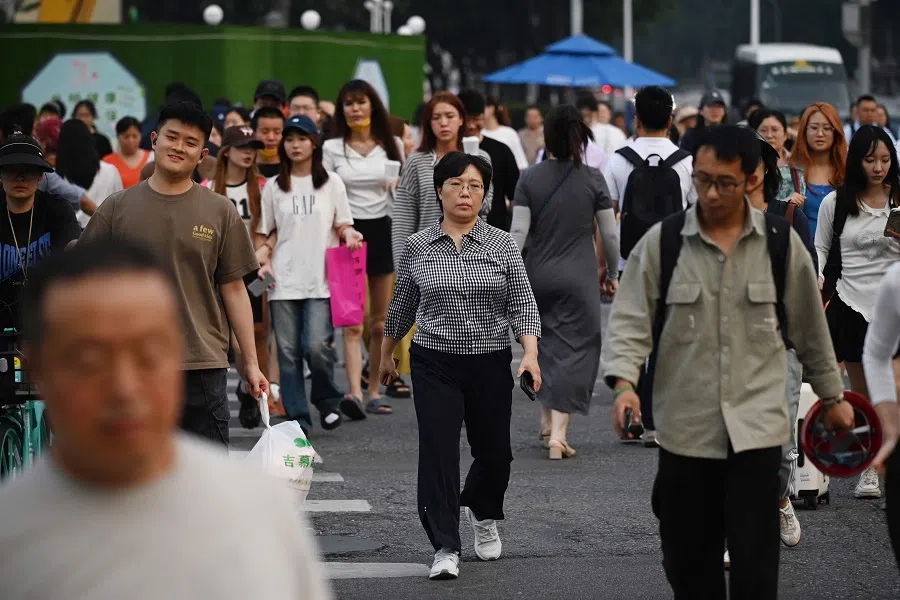
Any term becomes interesting with the prefix “Chinese-style”. I am suddenly reminded of the term “Chinese-style of crossing the road” that once generated a buzz — as long as you have a big enough group of pedestrians, you can cross the road, regardless of the traffic lights.
Completely opposite to the casual “Chinese-style of crossing the road”, Chinese-style modernisation adheres to the absolute leadership of the CCP in guiding the Chinese population on a non-Western development path. It involves collectively crossing numerous roads until the country achieves the goal of modernisation in all aspects.
If China can carve out this path, it would utterly debunk the myth that modernisation equals Westernisation, and directly challenge the hegemony of Western powers, exacerbating the rivalry between both sides. Whether Chinese modernisation succeeds or fails, it would certainly become a major historical event that will affect the world. I believe that our generation will have the privilege of witnessing it.
This article was first published in Lianhe Zaobao as “回锅北京”.
